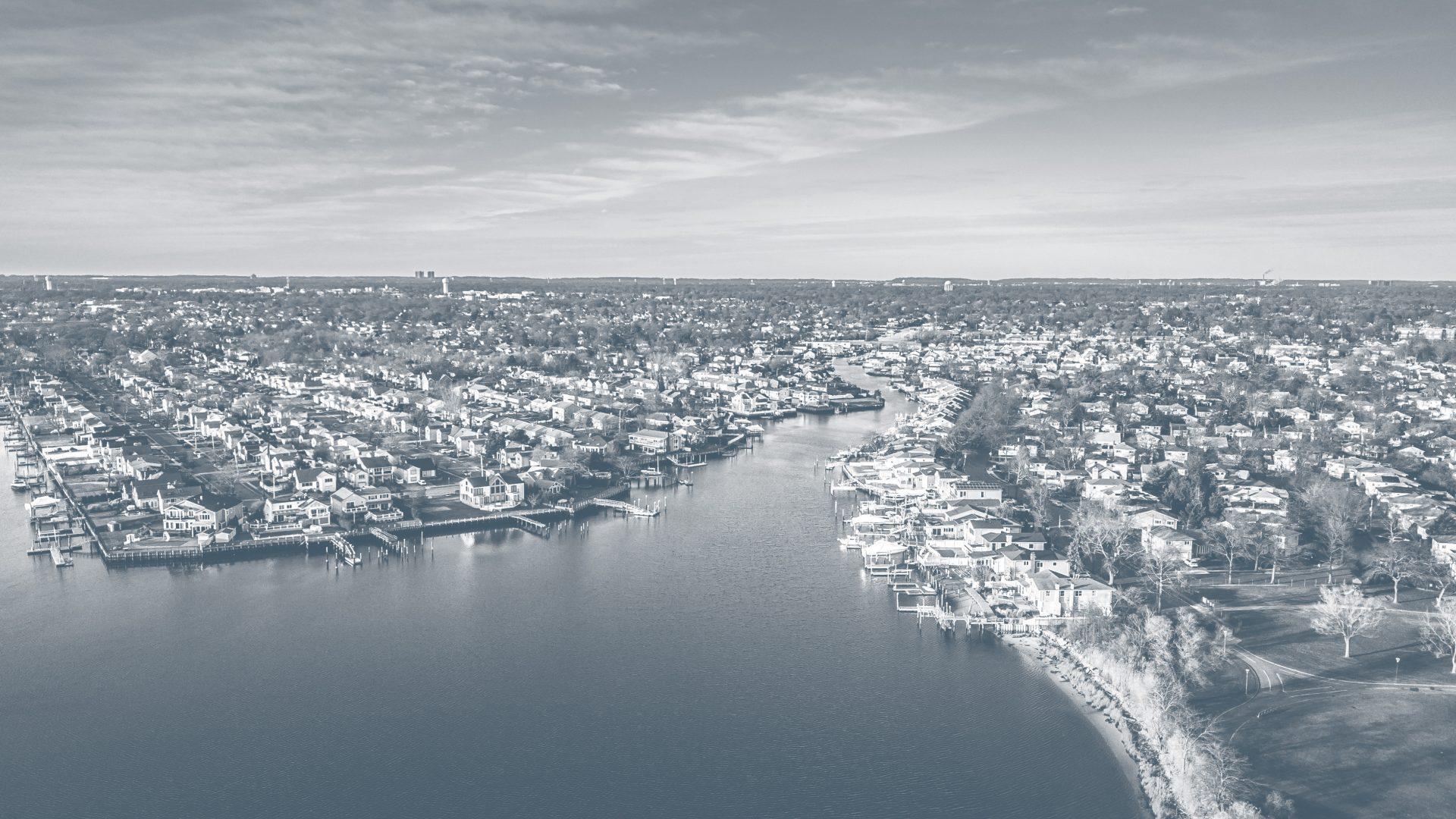
Bathroom Flooring
Bathroom flooring is a critical aspect of bathroom design and functionality, marrying aesthetics with practicality. The choice of flooring material needs to consider the unique environment of the bathroom, which is often wet and humid, thereby requiring materials that are water-resistant, durable, and also safe to walk on when wet. From tiles to vinyl, and even certain treated hardwoods, there are various options available, each offering its own set of benefits and challenges.
Tiles are a popular choice for bathroom flooring due to their water-resistant nature and durability. Ceramic and porcelain tiles, in particular, are widely used because they are available in numerous designs, colors, and textures, allowing for a high degree of customization. They are also relatively easy to clean and maintain. However, it’s vital to choose tiles with a bit of texture to prevent slipping, considering the wet conditions they will be subjected to. Additionally, the grout lines between tiles need to be sealed properly to prevent water infiltration and mold growth.
Vinyl flooring is another excellent option for bathrooms, known for its resilience and water-resistant properties. Available in sheets, planks, or tiles, vinyl flooring can mimic the look of various materials like wood or stone, providing a cost-effective and practical alternative. It is comfortable underfoot and can be more slip-resistant than traditional tile. Moreover, vinyl flooring is known for being easy to install and maintain, making it a favorite among DIY enthusiasts.
Natural stone tiles, such as marble, granite, and slate, bring a luxurious and elegant feel to the bathroom. These materials are durable and naturally water-resistant, but they may require sealing to prevent staining and to enhance their longevity. Stone flooring also tends to be colder and may be slippery when wet, so it’s essential to choose textured options or incorporate rugs where possible.
In recent years, engineered wood and laminate flooring have also found their place in bathroom design, offering the warm aesthetic of wood while providing improved resistance to moisture when compared to traditional hardwood. These materials are treated to be more resilient in damp environments but may not be as durable or water-resistant as more traditional bathroom flooring options like tile or vinyl.
When selecting bathroom flooring, it’s imperative to balance style with functionality, ensuring that the material chosen can withstand the specific challenges presented by the bathroom environment. Considering factors like moisture, durability, safety, and maintenance will guide you towards making an informed decision that marries aesthetic appeal with practical utility.



Bathroom Flooring Services & Pricing
Bathroom flooring installation involves various aspects, from choosing the right material to ensuring proper installation for durability and water resistance. Below is a table that outlines some general services, descriptions, and estimated pricing ranges for bathroom flooring installation. Note that actual costs can vary widely based on specific project requirements, materials, local labor rates, and other factors.
| Service | Description | Estimated Pricing |
|---|---|---|
| Design and Planning | Selecting the flooring material and design that suits the bathroom aesthetics and functionality. | $100 – $1,000 |
| Material Purchase | Buying the chosen flooring material, which might be tile, vinyl, laminate, etc. | $2 – $50 per sq ft |
| Old Flooring Removal | Removing and disposing of the existing bathroom flooring. | $1 – $2 per sq ft |
| Subfloor Preparation | Ensuring the subfloor is clean, level, and ready for the new installation. | $1 – $3 per sq ft |
| Flooring Installation | Installing the new flooring material, ensuring it is properly sealed and fitted. | $5 – $20 per sq ft |
| Sealing and Finishing | Applying sealant and finishing touches to protect the flooring and enhance its appearance. | $1 – $3 per sq ft |
| Baseboard Installation | Installing baseboards to protect the walls and provide a finished look. | $3 – $8 per linear ft |
| Final Inspection and Cleanup | Ensuring the flooring is properly installed, cleaning up the area, and making any final adjustments. | $100 – $500 |
Additional Notes:
- Material Choice: The choice of material significantly impacts the cost, with options like ceramic tile, vinyl, laminate, and stone having different price points.
- Complexity: The complexity of the installation, such as intricate patterns or the need for additional waterproofing, can affect costs.
- Size: The size of the bathroom will directly impact the cost of materials and labor.
- Labor: Labor costs can vary based on the contractor’s experience, expertise, and regional rates.
- Additional Features: Additional features like heated floors can also add to the overall cost.
How Much Does It Cost to Install Bathroom Flooring?
The cost of installing bathroom flooring can be influenced by various factors, including the size of the bathroom, the condition of the existing floor, and the type of finishing options desired. Generally, for a bathroom size of 120 square feet, the cost ranges between $1,363 and $2,104.83, with the national average price cited as $1,733.91. However, these costs can fluctuate based on several aspects such as the material chosen for the flooring and the condition of the existing floors and subfloors.
Different materials come with distinct price points and attributes. For instance, concrete flooring, which is suitable for an industrial-style bathroom remodel, costs around $2 to $3 per square foot if a new concrete layer needs to be added. If an existing concrete floor is present, finishing it might cost between $3 to $6 per square foot, depending on the bathroom layout and desired finish. Decorative finishes or elaborate artistic work on concrete can elevate the cost to around $10 per square foot.
Linoleum flooring, made from natural stone and linseed oil, is an eco-friendly option that costs between $2 and $5 per square foot for the material. However, professional installation can add an additional $3 to $10 per square foot. Standard vinyl flooring, popular for its water and stain resistance, ranges between $0.50 and $4 per square foot for the material, with installation costs between $3 and $10 per square foot.
Ceramic or porcelain flooring, known for its durability and aesthetic appeal, comes with a material cost between $2 and $10 per square foot, and installation can range between $4 and $14 per square foot due to the skill required for proper placement. Luxury vinyl flooring, a thicker form of standard vinyl, costs around $2.50 to $6 per square foot, with installation costs between $3 and $10 per square foot.
It’s crucial to note that the actual price for your bathroom flooring will depend on various factors, including the size of your bathroom, the material you choose, and the condition of the existing floors and subfloors. Always ensure to consult with professionals to get accurate, location-specific estimates and advice.
Additional Resources:
- Kitchen & Bath Shop: A detailed guide on the costs and considerations for bathroom flooring.
- The Spruce: Offers insights into budget-friendly bathroom flooring options.
- NV Kitchen and Bath: Provides tips and advice on choosing the right bathroom tile.

 MANHATTAN
250 Park Avenue
MANHATTAN
250 Park Avenue LONG ISLAND
100 Duffy Ave
LONG ISLAND
100 Duffy Ave WESTCHESTER COUNTY
73 Market Street
WESTCHESTER COUNTY
73 Market Street FAIRFIELD COUNTY
1000 Lafayette Blvd
FAIRFIELD COUNTY
1000 Lafayette Blvd